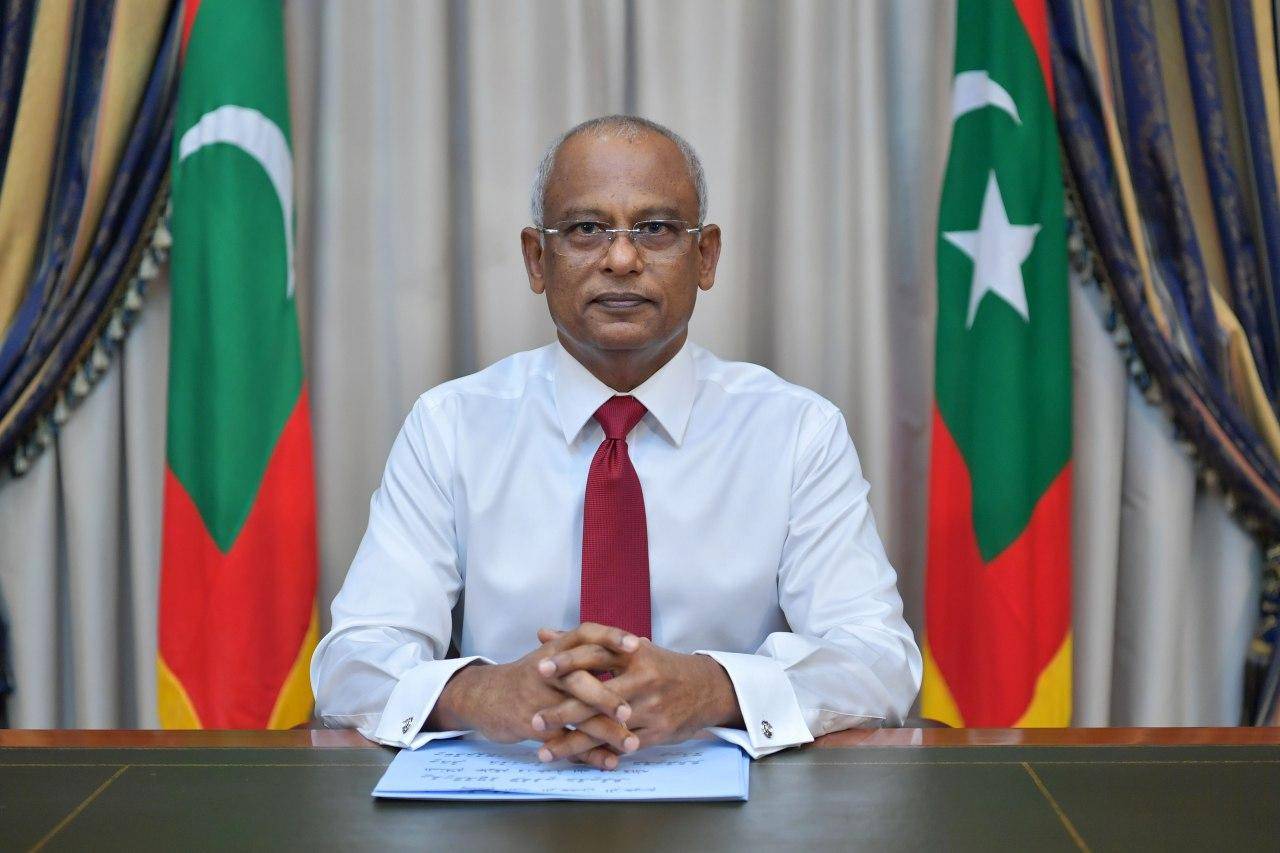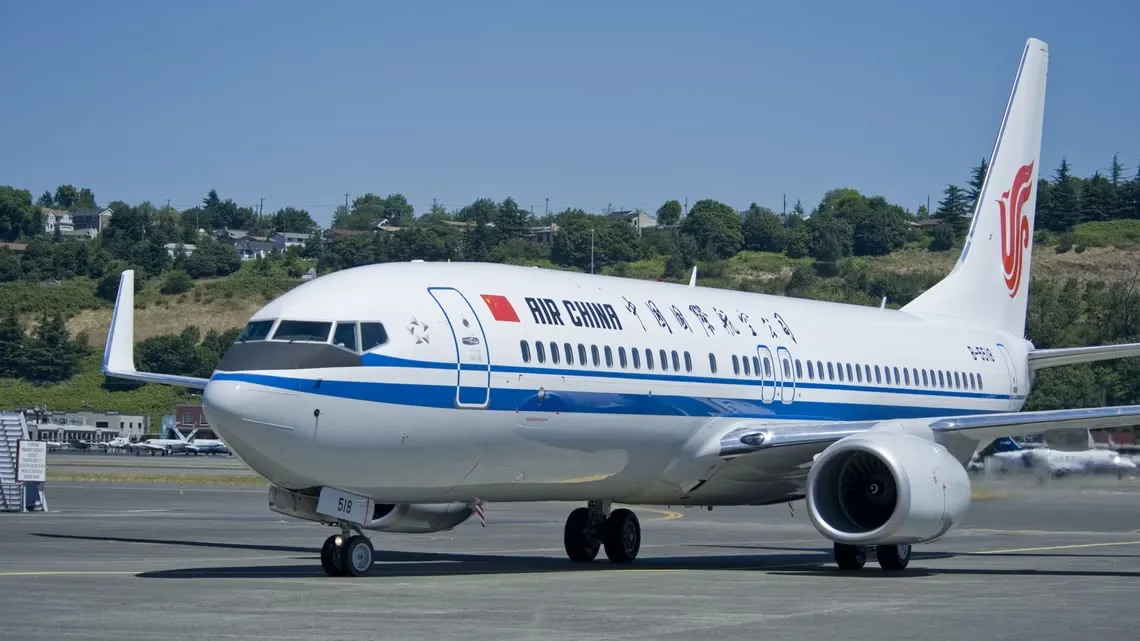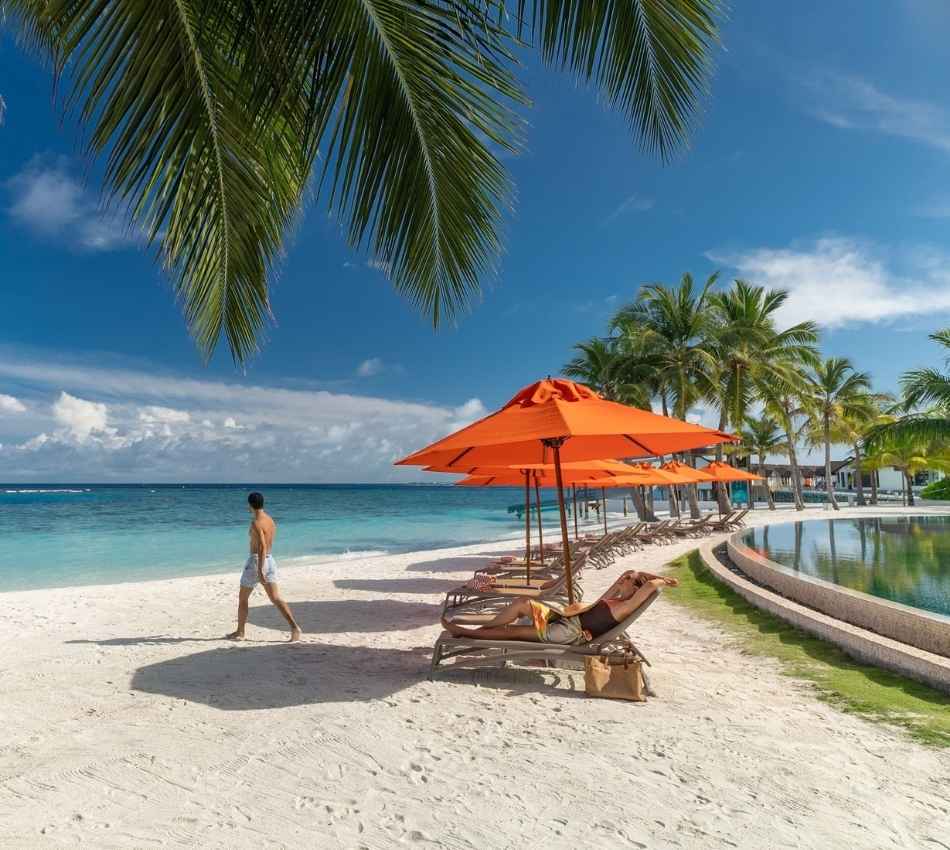Greater Male’ Area, Maldives has been placed under 24 hours lockdown after the confirmation of the first positive case of COVID-19 in Male’ city. The Director General of Public Health issued the order for the 24-hour lockdown today, 15th April 2020.
The lockdown was enforced in order to carry out thorough contact tracing and to avoid a possible community spread. Male’ city is extremely congested; hence the chances of a community spread is high. However, the government assured that they have been preparing for the worst-case scenario while monitoring the situation closely. Maldives Police Services urged residents to return home by 15:30 hours today.
During the lockdown, no persons will be allowed to enter or exit Male’, Villimale’, Hulhumale’, Thilafushi, and Gulhifalhu. Furthermore, Public transport including buses and ferries will not be permitted to operate during the 24 hours.
The restrictions do not apply to the police and MNDF officers, those working in health care facilities and their vehicles and ambulances. Individuals and medias with passes from the National Emergency Operation Centre (NEOC) will also be permitted to leave their houses.
The individual tested positive has no travel history, hence it is unsure how the community transmission happened as of yet. Contact tracing of the positive individual has been ongoing since the announcement. The government also placed Kaashidhoo island under monitoring as a direct contact of the individual tested positive travelled to the island. All unauthorized entry and exit from Kaashidhoo is also prohibited until further notice.
President Ibrahim Solih addressed the nation today with teary eyes on live television and repeatedly urged the people to stay home.
Since the beginning of January, Maldives has been preparing for all possible situations due to the spread of COVID-19. The government is ready as we prepared with the worst-case scenario in mind. We have sufficient food and other basic necessities including medicines as of now. While the government authorities deal with the situation, I urge the people to be kind to one another and to stay patient and united during this difficult time.”
President Ibrahim Mohamed Solih said while addressing the nation today
The president assured that the authorities are taking all necessary measures to combat the virus. He also stated that there is ample food stocks and medicine that the public need and the public will not face any food shortages.
Furthmore, State Trading Organisation (STO) announced eStore.mv services for delivering food and other basic necessities to the people. The Managing Director of STO said on twitter that STO will be providing delivery services for all purchases while encouraging people to stay home.
This is the 06th Maldivian, and the 21st individual to test positive for COVID-19 in the Maldives. The individual was transferred to isolation facility earlier today. Maldives has seen 16 recoveries as of now. Two patients are currently being treated while the other two had been repatriated to their home country.
Ministry of Health has also been updating their website on COVID-19 regularly on the Situation Maldives.
Feature Photo by The President Office








